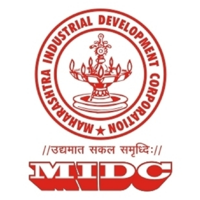Register Your Company Under Vendor Development Program NOW!
We connect
Buyers & Sellers
SME is India's largest online B2B marketplace, connecting buyers with suppliers.

Trusted Platform

Safe & Secure

Quick Assistance


Connect with
verified sellers
Tell us your requirement & let our experts find
verified sellers for you

Sell on
SME for free
Reach out to more than 4 crore buyers.
Sell with us

Tally on
Mobile
With Live Keeping, SME's can now connect their Tally offline data to mobile app
Features Companies
OUR FEATURED PARTNERS
If you are going to use a passage of Lorem Ipsum, you need to be sure there isn't anything embarrassing hidden in the middle of text. All the Lorem Ipsum generators on the Internet tend to repeat predefined chunks as necessary, making this the first true generator on the Internet.
-

Punjab Infotech
-

Delhi State Industrial and Infrastructure Development Corporation Ltd.
-

Maharashtra Industrial Development Corporation
-

Madhya Pradesh Laghu Udyog Nigam Ltd.







































































